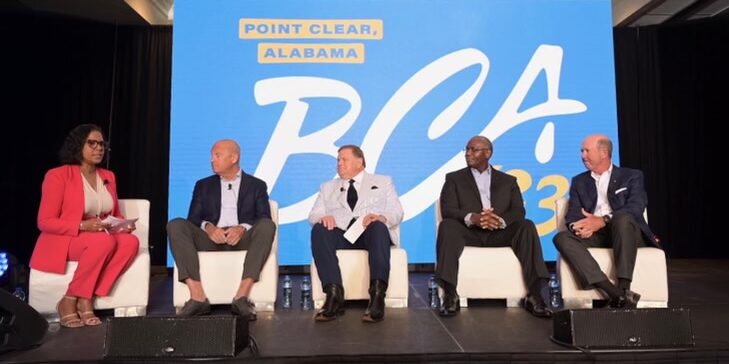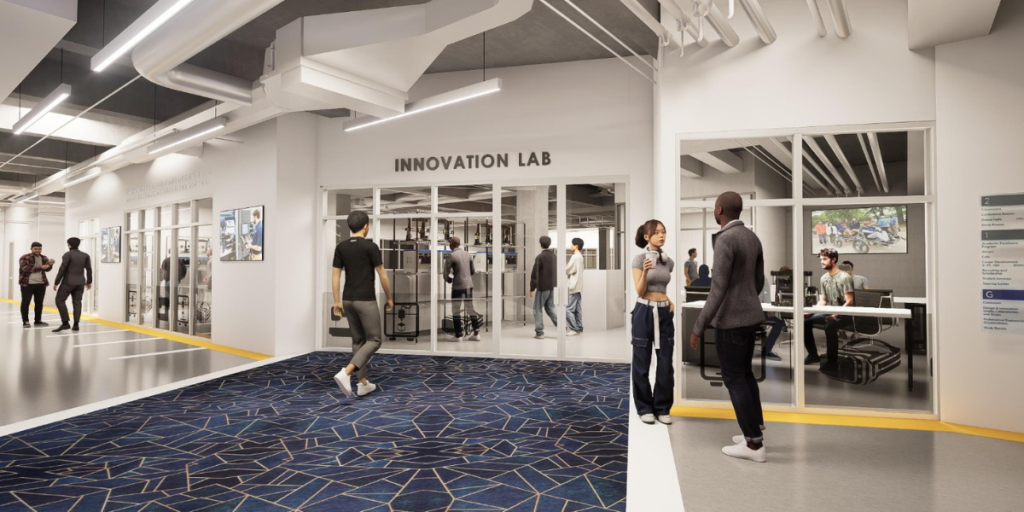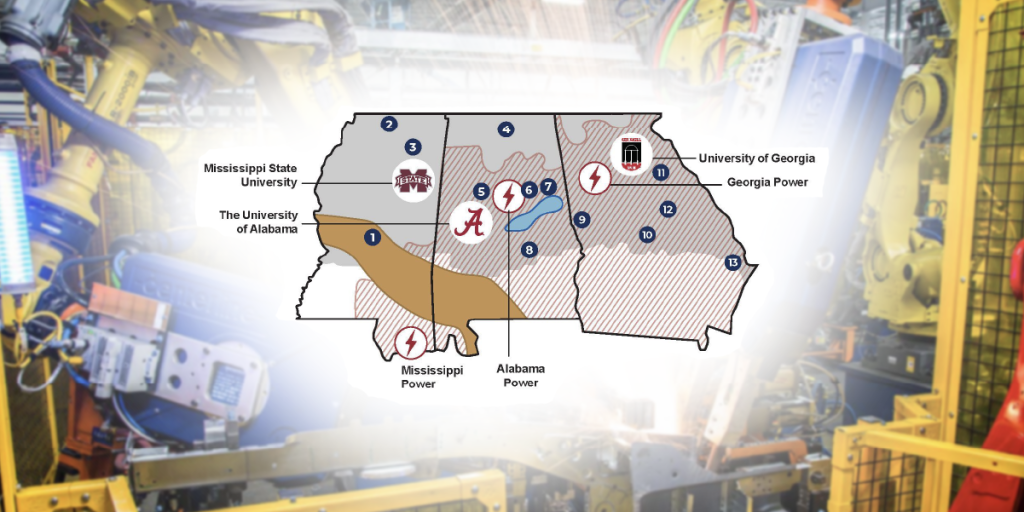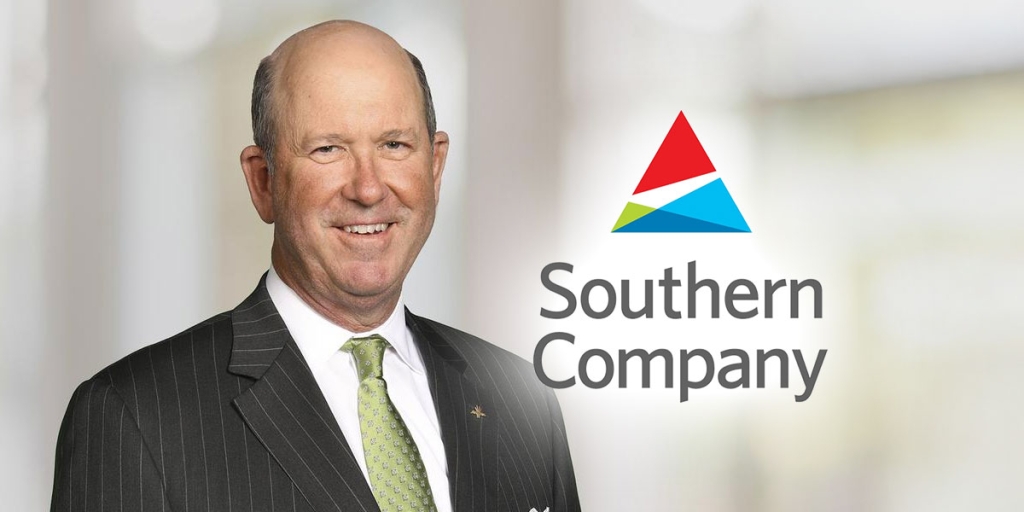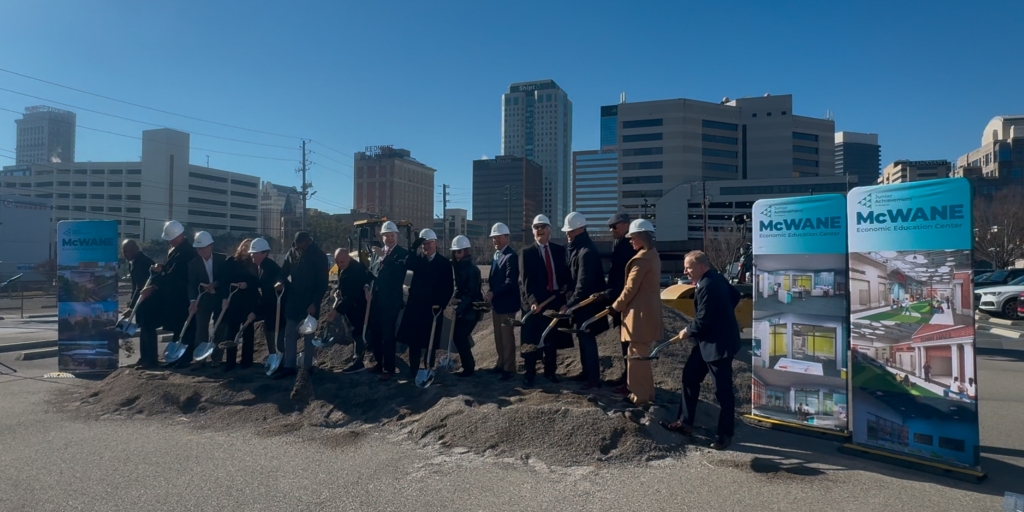To compete with 49 states, Alabama needs to increase its economic arsenal, according to the top CEOs in the Yellowhammer State.
That arsenal must include, among other things, shovel-ready sites.
Jimmy Rane of Great Southern Wood said his company recently invested $46 million in a facility in Tyler, Texas. Tyler was chosen was because they had a shovel ready site with utilities, he said.
“Gov. (Kay) Ivey made a recommendation to the Legislature for a big investment in shovel ready sites,” Rane said. “Other southern states are spending more than Alabama is.
“We are going to have to do more to catch up.”
Ranes was on a panel recently hosted by the Business Council of Alabama. The group discussed the most pressing needs facing the state.
Joining Ranes were Jeff Peoples of Alabama Power Co., Tim Vines of Blue Cross Blue Shield, and John Turner of Regions Financial Corp.
The topics included healthcare, workforce development, and the need for shovel ready sites in Alabama.
Peoples stressed the need for apprenticeship programs.
“Every year we have about 45,000 high school graduates,” he said. “In 2015 about 65% of those people went to two year and four year schools. Last year it was 55% so it’s sliding. Of those that go to school 40% drop out.”
“13,000 jobs is what we felt like we had last year, but every year 45,000 people graduate and half of them don’t go to school where are they going?” Peoples said.
The Path for Success is a public private partnerships is an apprentice program offered in five locations in Alabama.
“We are trying to recruit from people that don’t know how to activate for employment,” Peoples said. “More people want to go to work than we understand.”
Vines said that when businesses look to come to a state one of the things they look at is healthcare and that one issue that affects healthcare now is broadband access. Telehealth visits grew from 2,500 telehealth visits per week in 2019 to 80,000 visits during the COVID pandemic.
Blue Cross Blue Shield has a scholarship program for medical students willing to work in those areas of Alabama.
“We will pay for their last two years of medical school,” Vines said. “If they will commit to “Three years of practice in underserved areas of our state.”
Vines said the cost of pharmaceuticals used to be just 5% of healthcare costs. In 2022, it had risen to 30%. The Blue Cross network is bringing its own drugs to market to fight the rising prices, he said.
Turner said one issue that affects the state is the lack of minority participation in the overall economy.
“Of the 53 largest metropolitan areas, Birmingham is 53rd in Black-owned business where the business employs more than a single person,” he said.
Regions is working on a program to develop more Black-owned businesses in Birmingham.
“We would like to take that initiative across the state,” Turner said.




